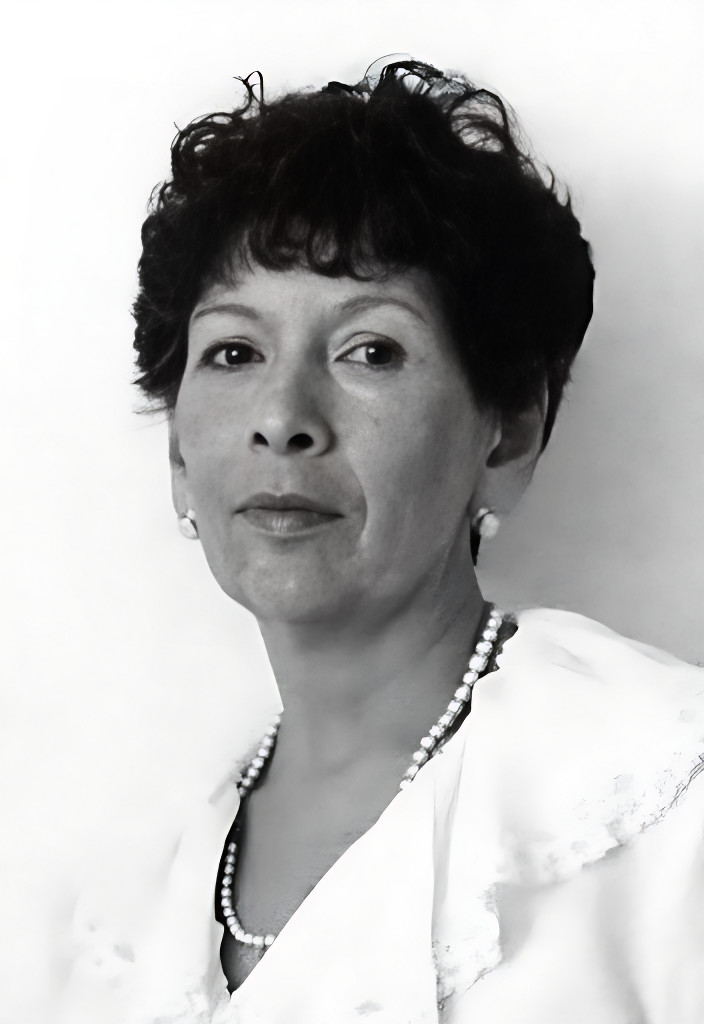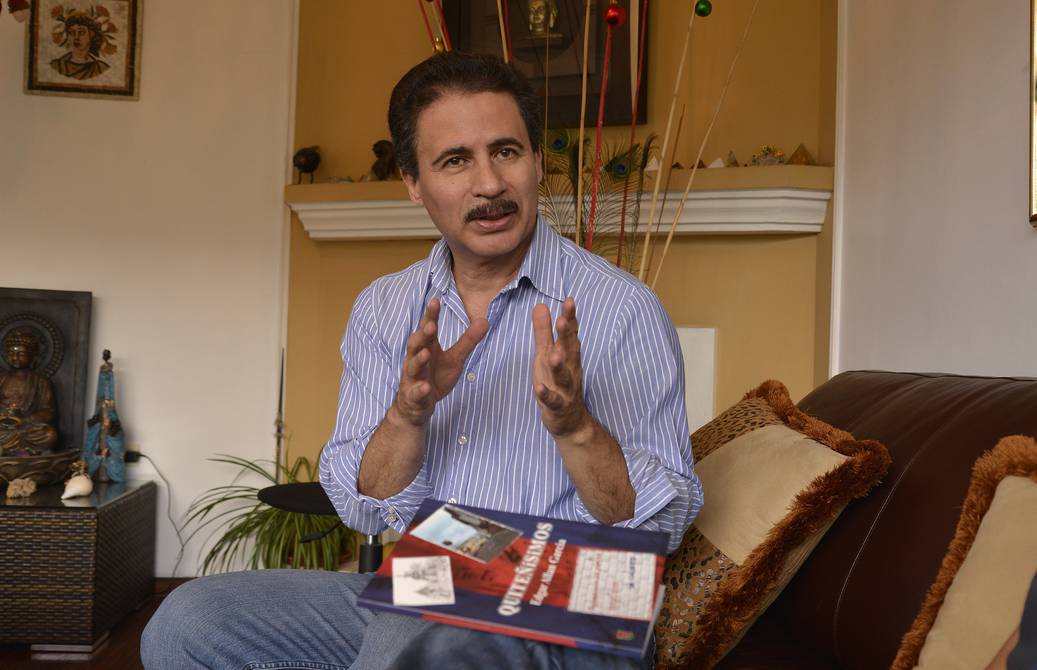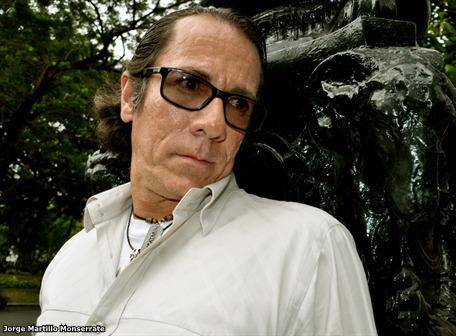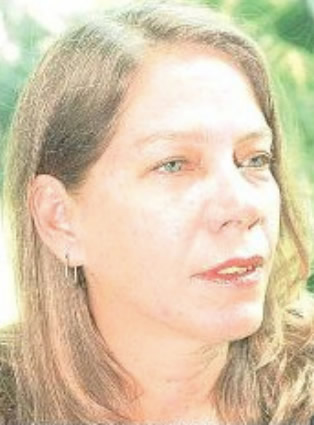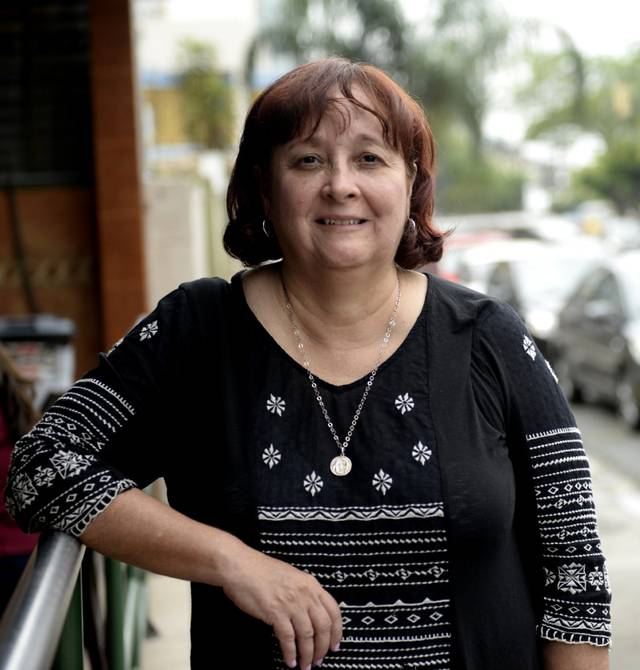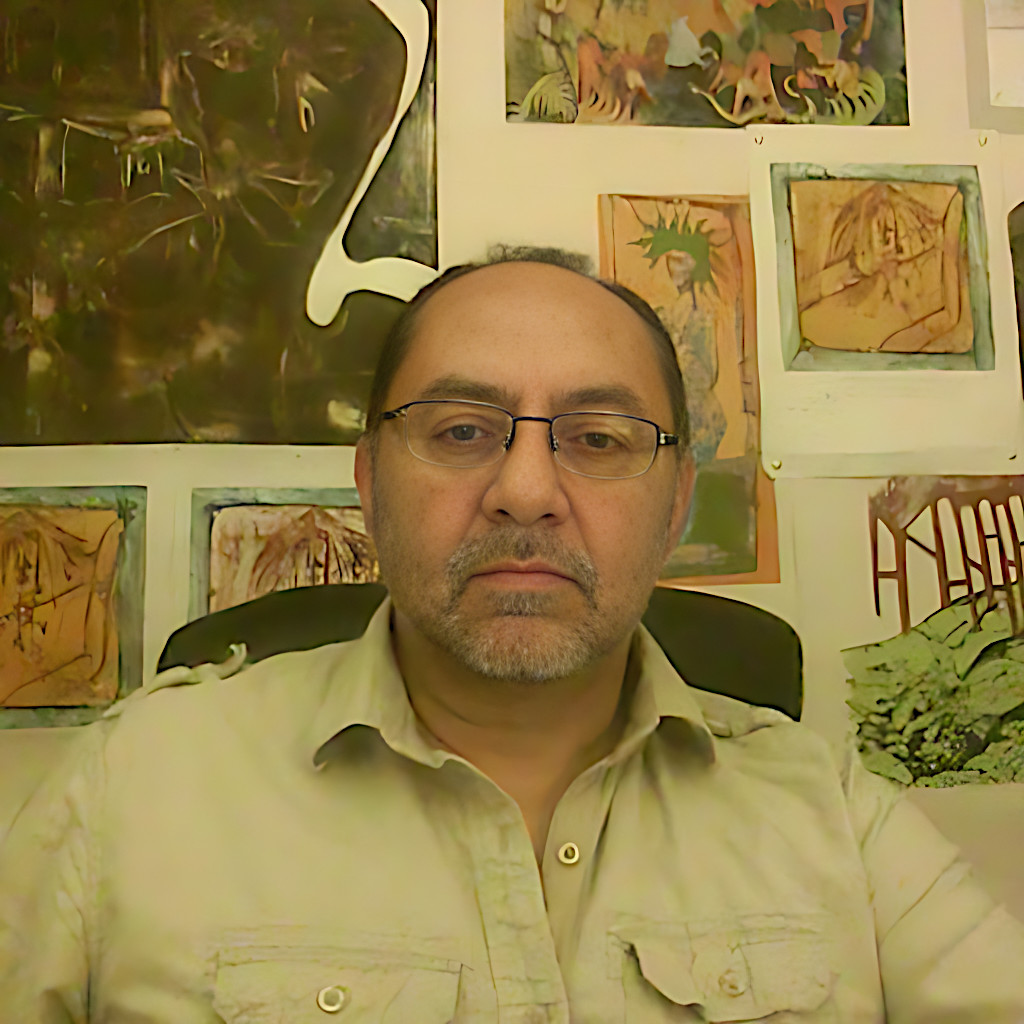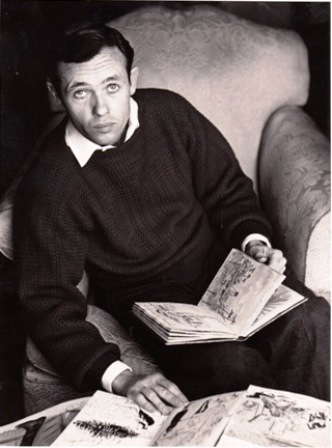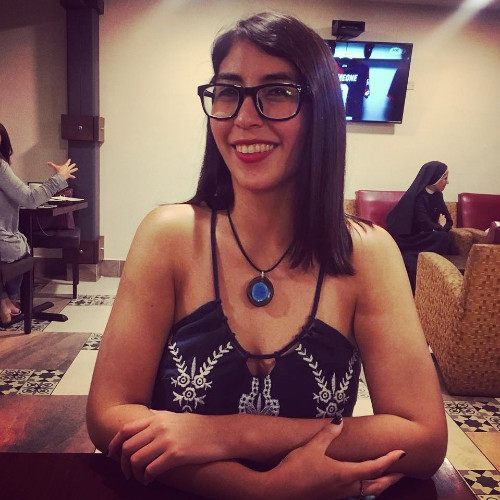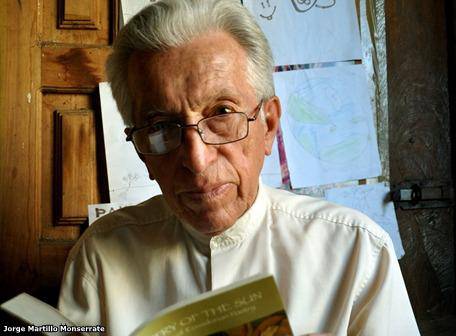Ignacio Carvallo Castillo (Guayaquil, January 6, 1937 – Guayaquil, August 28, 2015) was an Ecuadorian writer, poet, and journalist, prominent in the literary generation of the 1960s. A graduate of the University of Guayaquil and the University of Bonn, where he specialized in Pedagogy and History, Carvallo was known for his evocative poetry and literary criticism. He published widely in Ecuador and internationally, and his work earned him numerous accolades, including the Nicolás Copérnico Medal and several national poetry awards. In addition to his literary career, he was a respected educator and cultural advocate, teaching at universities and serving on cultural heritage commissions.
Continue reading “Ignacio Carvallo Castillo”Category: Writers from Guayaquil
Jorge Vargas Chavarría
Jorge Vargas Chavarría (Guayaquil, 1992) is an Ecuadorian writer, teacher, and chemical engineer. He has authored three short story collections, “Aquí empieza lo extraño” (2016), “Las cosas que no decimos” (2018), and “Una boca sin dientes” (2022), which won the Joaquín Gallegos Lara Prize.
Continue reading “Jorge Vargas Chavarría”Margarita Dager-Uscocovich
Margarita Dager-Uscocovich (Guayaquil, October 31, 1967) is an Ecuadorian fiction writer, poet, and columnist. Her debut novel, “No es tiempo de morir” was published in Spanish in 2018 and in English in 2019. Her second novel “Las queremos vivas” (2021), deals with the global trafficking of women, and has Guayaquil and Charlotte, N.C as settings. Her short stories and micro-stories have been published in Spain, Mexico, Argentina, Uruguay and the United States. Her poems have been published in the online magazine labelmelatina.com. She is a columnist for the Destinos section of the online magazine La Nota Latina in Miami, FL and Revista Latina NC. She currently resides in Charlotte, North Carolina.
Continue reading “Margarita Dager-Uscocovich”María Alban Estrada
María Alban Estrada (Guayaquil, February 28, 1939) is an Ecuadorian writer, investigative journalist, and editor. Her book “Con dios todo se puede: La invasión de las sectas al Ecuador” (written with Juan Pablo Muñoz) was the best-selling book in Ecuador in 1987. She worked as the editor-in-chief of Vistazo magazine between 1982 and 1985. She also held the positions of director of the investigative unit of Diario Expreso and general editor of Vistazo magazine. In 1988 she was awarded a scholarship, which allowed her, as a special observer, to attend investigative journalism schools in New York, Missouri, Kansas, Washington D.C., and San Francisco. She was also an active member of Investigative Reporters and Editors (IRE), a grassroots nonprofit organization headquartered in Columbia, Missouri dedicated to improving the quality of journalism by educating, empowering and connecting journalists across the globe.
Continue reading “María Alban Estrada”Edgar Allan García
Edgar Allan García (Guayaquil, December 17, 1958) is an Ecuadorian writer and cultural promoter. He has 74 books to his credit, including short stories, poetry, novels, biography, nonfiction, essays and children’s literature. His works have been published in Ecuador, Spain, Peru, Mexico and Argentina. His book “Leyendas del Ecuador” is read in primary and secondary schools while his young adult novel “El rey del mundo” was chosen as part of Argentina’s national reading program. His poetry and short stories have also been included in several anthologies, and in 2010 he was included in Jaime García Padrino’s “Great Dictionary of Latin American Authors of Children’s and Youth Literature.” He also serves as the director of Ecuador’s José de la Cuadra National Book and Reading Plan. Some of his stories have been translated into French.
Continue reading “Edgar Allan García”Juan Carlos Cucalón
Juan Carlos Cucalón (Guayaquil, 1963) is an Ecuadorian short story writer and playwright. In 2007 he won first place in the Pablo Palacio Short Story Biennial with his story “Miedo a U2” [Fear of U2]. His book of short stories “Surcos obtusos” won the 2009 edition of the Luis Félix López National Literature Contest. Among the themes of the book are homoeroticism and masculinity in Latin America. In 2010, he premiered his play “Exododedosexos,” whose plot follows two transgender women named Malva Malabar and Simoné Bernadette who prepare to stage a play by Tenesse Williams. Cucalón is openly homosexual, and throughout his career he has published numerous stories featuring characters of various sexual orientations.
Continue reading “Juan Carlos Cucalón”Gilda Holst
Gilda Holst Molestina (Guayaquil, 1952 – Guayaquil, October 22, 2024) was an Ecuadorian writer and university professor. Known for her use of irony and humor, her works addressed themes of gender inequality and societal norms. She authored three notable short story collections: Más sin nombre que nunca (1989), Turba de signos (1995), and Bumerán (2006), as well as the novel Dar con ella (2000). Her work was included in several anthologies, including Cruel Fictions, Cruel Realities: Short Stories by Latin American Women Writers (1997), edited and translated by Kathy S. Leonard. In 2021, Editorial Cadáver Exquisito released her Obra completa (Complete Works). Holst was also a key figure in Ecuadorian literature, a professor at the Universidad Católica de Santiago de Guayaquil, and director of its School of Letters.
Continue reading “Gilda Holst”Maritza Cino
Maritza Cino Alvear (Guayaquil, 1957) is an Ecuadorian poet and university professor. She has published 8 poetry collections and a collection of 23 short stories entitled “Días frívolos” [Frivolous Days]. Her poems have appeared in Latin American and Spanish magazines, as well as U.S.-based online magazines. In addition, some of her poetry has been translated into English, Italian and French. Her latest poetry collection “El temblor de los huertos” [The Tremor of the Orchards] was published in 2022.
Continue reading “Maritza Cino”Fernando Itúrburu
Fernando Itúrburu Rivadeneira (Guayaquil, 1960) is a writer, poet, essayist, literary critic, translator, and renowned scholar of Latin American literature. He is a Spanish professor in the Languages department at SUNY Plattsburgh where he has taught Latin American colonial and 20th century literatures, Cultural Studies, Women’s Studies, and Creative Writing. Often in collaboration with American professor Alexis Levitin, also of SUNY Plattsburgh, he has translated various Ecuadorian poets from Spanish to English. In 2009, they published “Tapestry of the Sun,” a bilingual anthology of Ecuadorian poets, which includes first-time translations of various Ecuadorian poets, largely from Guayaquil. Their translations of Ecuadorian poetry have also appeared in several literary journals. He was a member of the Guayaquil literary group Sicoseo. He has been a member of the House of Ecuadorian Culture since 1984.
Continue reading “Fernando Itúrburu”Eduardo Solá Franco
Eduardo Solá Franco (Guayaquil, Ecuador 1915 – Santiago, Chile, 1996) was a prolific and multi-faceted artist, perhaps the most diverse Ecuador has ever produced. His staggering output included not only hundreds of paintings in a variety of styles but also sculpture, illustrations for magazines and film, stage scenery, plays, poetry and novels, choreographed ballets, award-winning experimental films and, perhaps most intriguing of all, a series of 14 illustrated diaries in which he recorded, “all that which I saw of interest and that attracted me: people, landscapes, cities, states of being, spectacles, parties, and fashion.” He was also a public figure, he served for years as Ecuador’s cultural attache in Rome, mingling with artists, thinkers, and society figures of Europe, the United States, and South America.
Continue reading “Eduardo Solá Franco”Mariella Toranzos
Mariella Toranzos Narváez (Guayaquil, January 24, 1988) is an Ecuadorian journalist, poet, and editor. Before becoming the Society editor for the daily newspaper Diario Expreso, she worked at the paper as a news reporter covering politics, and, as the sub-chief of its Guayaquil section, covering cultural topics. She has also written features on contemporary Ecuadorian authors, helping to introduce them to wider audiences. As a poet, she has participated in the Ileana Espinel Poetry Festival as well as other literary events in Guayaquil.
Continue reading “Mariella Toranzos”Hipólito Alvarado
Hipólito Alvarado Espinosa de los Monteros (Guayaquil, 1929 – Guayaquil, 2016) was an Ecuadorian writer, novelist, and poet. He published the short story book, “La segunda voz” (1975) and the poetry book “Más allá del tiempo y las imágenes” (1986). Some of his poems were translated into English and included in the anthology “Tapestry of the Sun. An Anthology of Ecuadorian poetry” (2009) by Alexis Levitin and Fernando Itúrburu. Hipólito Alvarado’s non-fiction books include: “Una celebridad llamada soya” (1985) and the first volume of “Cómo escribir un cuento” [How To Write A Story] (2001).
Continue reading “Hipólito Alvarado”Agustín Vulgarín
Agustín Vulgarín Marín (Guayaquil, 1938 – 1986) was a poet, fiction writer, actor, and playwright. He penned several notable poetry books, including works such as “El pez que fuma” (1964), “El bosque de las estatuas” (1974), and “Cuadernos de Bantú” (1977). Vulgarín’s literary talent also encompassed the realm of drama, with plays like “Atahualpa: drama en dos actos” and “La Mayasquerita: drama en tres actos.” Furthermore, he left two unpublished novels, “Alfeo el de las iguanas” and “Los poriparalos.”
Continue reading “Agustín Vulgarín”María Luisa Lecaro
María Luisa Lecaro Pinto (Guayaquil, Ecuador, date of birth unknown – date of death unknown) was an Ecuadorian poet and pioneering feminist known for her avant-garde poetry and progressive social critiques. Writing as “Tatá” for her poetry and “Sor Marisa” in feminist essays, she contributed to Savia, Ecuador’s foremost avant-garde journal, where her work stood out for its surrealism, irony, and bold departure from the sentimental norms of the time. In 1927, Lecaro gained recognition when she placed second in Savia‘s poetry contest, with Hugo Mayo, a leading figure in Ecuadorian avant-garde, taking first. Lecaro’s essays fiercely challenged the patriarchal influence of the Catholic Church, advocating for women’s independence and self-reliance in a socially restrictive era. Although her work was largely overlooked for decades, her contributions were rediscovered in 1999 through Rodrigo Pesántez Rodas’s anthology Del Vanguardismo hasta el 50, which solidified her place as a significant voice in Ecuadorian literature and early feminist thought.
Continue reading “María Luisa Lecaro”Edgar Ramirez Estrada
Edgar Ramirez Estrada (Guayaquil, May 5, 1923 – April 9, 2001) was an Ecuadorian poet and psychiatrist. He published 6 poetry collections during his lifetime and his work has been included in several anthologies. His work was admired and championed by many renowned Ecuadorian literary figures such as Alejandro Carrión Aguirre, Miguel Donoso Pareja, and Carlos Eduardo Jaramillo. Beginning with his poetry collection “Derrumbe” (1969), his style of poetry has been referred to as anti-poetry or no-poetry. All of his books were published by the House of Ecuadorian Culture. He was the son of one of Ecuador’s most important poets, Aurora Estrada y Ayala. He was also the brother of novelist Alcino Ramírez Estrada and poet Isabel Ramírez Estrada.
Continue reading “Edgar Ramirez Estrada”

